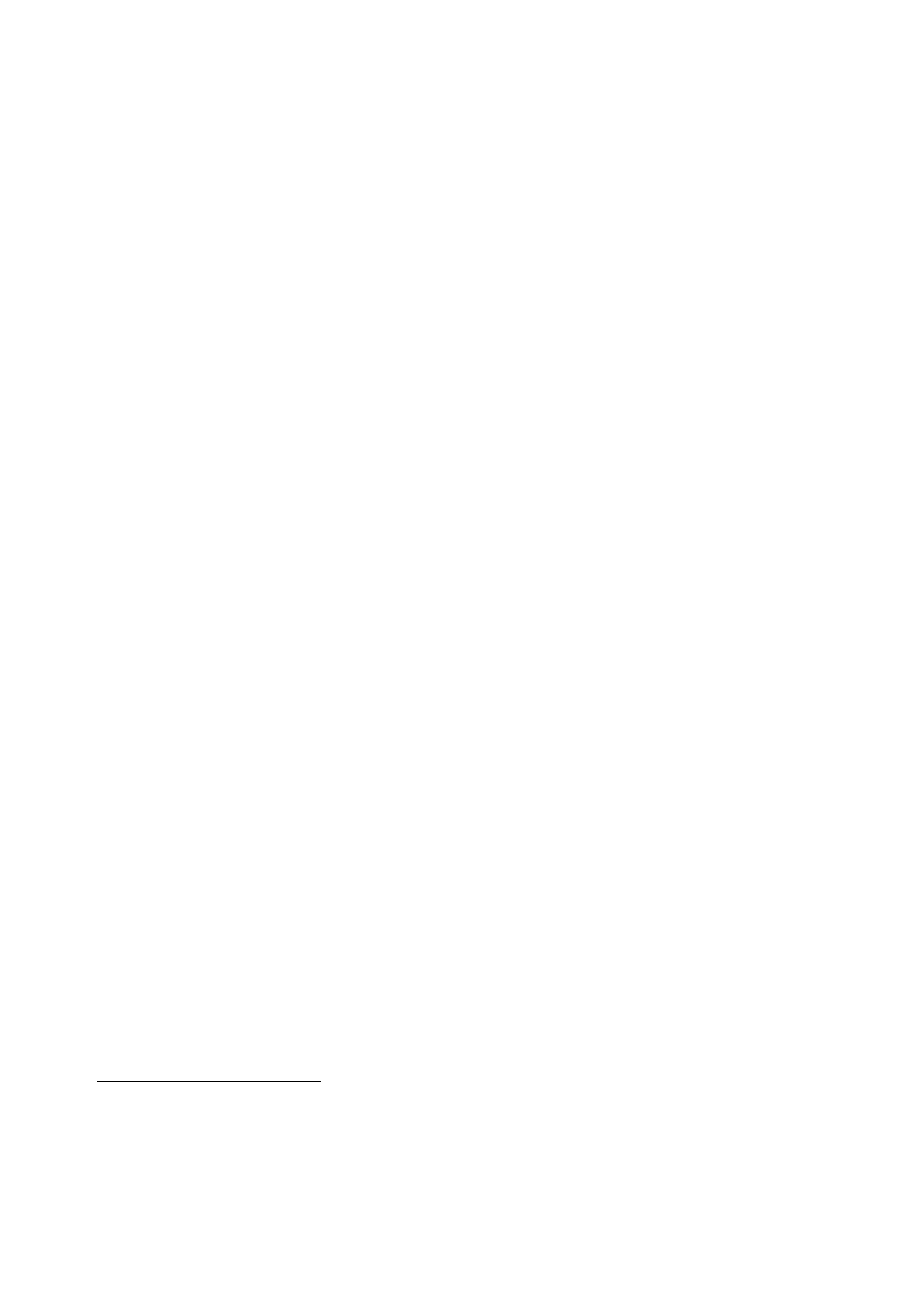
3.3 |
Development of UK strategy and options,
April to July 2002
there was a
relationship between Iraq and al-Qa’ida. Dearlove’s strongly held
view
based on
his own Service’s reporting, which had been shared with the CIA,
was
that any
contacts that had taken place had come to nothing and that there
was no
formal
relationship … He believed that the crowd around the Vice President
was
playing
fast and loose with the evidence. In his view, it was never about
‘fixing’ the
intelligence
itself but rather about the undisciplined manner in which the
intelligence
was being
used.”
350.
Sir Richard
Dearlove told the Inquiry that, during his visit to Washington in
July
2002, he
had had “quite contentious and difficult conversations” with Mr
Libby as well
as
discussions with Mr Tenet, Dr Rice and Mr Stephen Hadley, US Deputy
National
Security
Advisor.139
He had
returned from Washington “deeply concerned that there
was momentum
in parts of the [US] Administration”, and he had warned Mr Blair
about
that
momentum.
351.
In relation to
his “alleged comment” about the intelligence being fixed around
the
policy, Sir
Richard told the Inquiry that this was really a reference to the
attempts “to join
up
terrorism and Iraq” with which he “radically
disagreed”.
352.
Asked if Mr
Blair had taken the conjunction between terrorism and WMD
seriously,
Sir Richard
replied:
“… I don’t
think the Prime Minister ever accepted the link between Iraq
and
terrorism.
I think it would be fair to say that the Prime Minister was very
worried
about the
possible conjunction of terrorism and WMD, but not specifically in
relation
to Iraq …
[I] think, one could say this is one of his primary national
security concerns
given the
nature of Al Qaida.”140
353.
Sir Richard
added that he sought an amendment to Mr Rycroft’s record of
the
meeting on
23 July to clarify the meaning of his remarks.141
354.
The Inquiry
has seen that document.
355.
In response to
subsequent questioning, referring to a manuscript note made
by
Lord
Goldsmith during the meeting, Sir Richard accepted that he
might well have used
356.
Mr Rycroft
confirmed that Sir Richard had challenged his record of the meeting
but,
after
checking his notes and discussing it with others present, he had
taken no further
action.143
Mr Rycroft
told the Inquiry that he had understood Sir Richard to be making
the
139
Private
hearing, 16 June 2010, pages 34-35.
140
Private
hearing, 16 June 2010, pages 39-40.
141
Private
hearing, 16 June 2010, page 42.
142
Private
hearing, 16 June 2010, page 70.
143
Private
hearing, 10 September 2010, pages 27-30.
63
